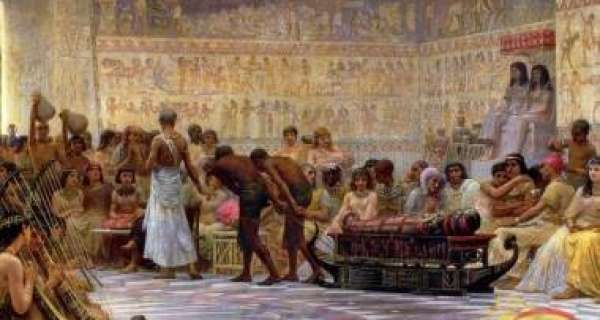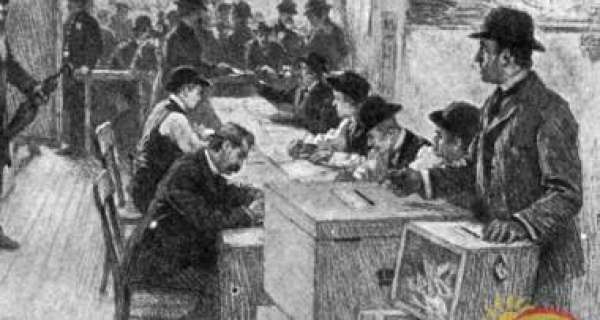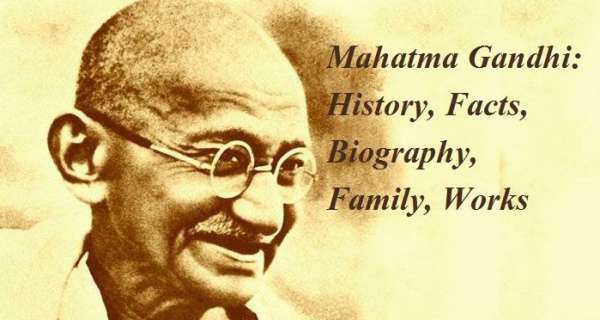A single Latin word like "manus" ("hand"), for example, is the source of "manufacture," "manicure," "manipulate," "emancipate," and so on.
The Latin word "scribere" ("to write") gives us "scribble," "scripture," "subscription," and many others. The Greek word "autos," meaning "self," gives us "autobiography," "automobile," "autograph," "automatic," and so on.
Many words are formed simply by putting part of a word in front of the root (called a prefix) or adding to the end of a root (a suffix). For example: bi- ("two") makes "bicycle" and "bisect." And: -able ("fitness for") makes "lovable" and peaceable."
The English language includes words borrowed from many other languages. The English language began early in the Christian era with the dialects of such tribes as the Angles, Jutes, and Saxons. Viking invaders from Scandinavia added to it. And at the time of the Norman Conquest (1066) William the Conqueror's invaders brought many thousands of French and Latin terms into the language.
Later, as English explorers and traders ranged over the world, they borrowed many words from the peoples with whom they traded. For example, from India came such words as "madras," "bungalow," "punch," and "faker." From the Dutch came "freight," "schooner," and "landscape." From Spain and Latin America came "potato," "cargo," "tobacco," and "hurricane." And our language has continued to grow with words from dialects, different peoples, and from new developments in science, sports, and all kinds of activities.
How were words made?














